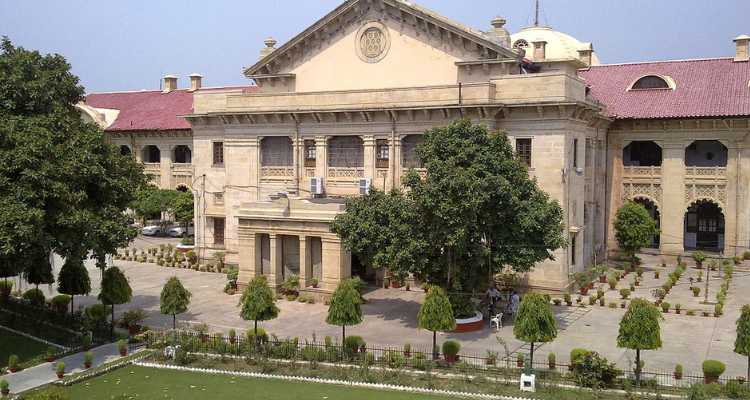
In a landmark decision, the Allahabad High Court ruled that the registration of a will is unnecessary in Uttar Pradesh.
The Genesis of This Matter
Since August 23, 2004, the state government has mandated registration for wills. But since this mandate came from the state government, there have been two opposing views. The Shobhnath case set a precedent in the high court, affirming that wills must be registered following the legislation. Conversely, the Jahan Singh case argued that a will’s validity arises posthumously, thus necessitating registration upon its presentation.
To clarify the two opposing viewpoints, the Chief Justice forwarded the reference to the division bench, which summarized the issue as “whether a will reduced into writing prior to August 23, 2004, is required to be compulsorily registered in the event the testator dies after the said date.”.
Court’s Reasoning
The high court’s recent decision, issued on Friday, was in response to a “reference” initiated by the chief justice. This reference stemmed from a plea filed by Pramila Tiwari. In legal terms, a “reference” signifies a scenario where a court is asked to provide its opinion on the validity of a law or regulation. When a court finds that a case hinges on the validity of a legal provision not previously ruled on by a higher court, it must express its opinion on the matter and provide reasons for it. This opinion is then referred to the higher court for consideration.
During the proceedings, the court considered whether the state legislature could legally mandate will registration without the president’s approval. This was because wills, intestacy, and succession fall under the Concurrent List of the Constitution, and there’s already a central law, the Registration Act of 1908, governing will registration.
The division bench of Justice Siddhartha Varma and Justice Ajit Kumar held that Section 169(3) of the Uttar Pradesh Zamindari Abolition and Land Reforms Act is void. This section mandates the registration of wills. The court held that the Uttar Pradesh Zamindari Abolition and Land Reforms Act, 1950, contradicted the Indian Registration Act of 1908, which held that the registration of wills was optional. The court struck down the said provision and clarified that a will not be considered invalid if it is not registered.
Read More: Supreme Court, Delhi High Court, States High Court, Other Courts, International




